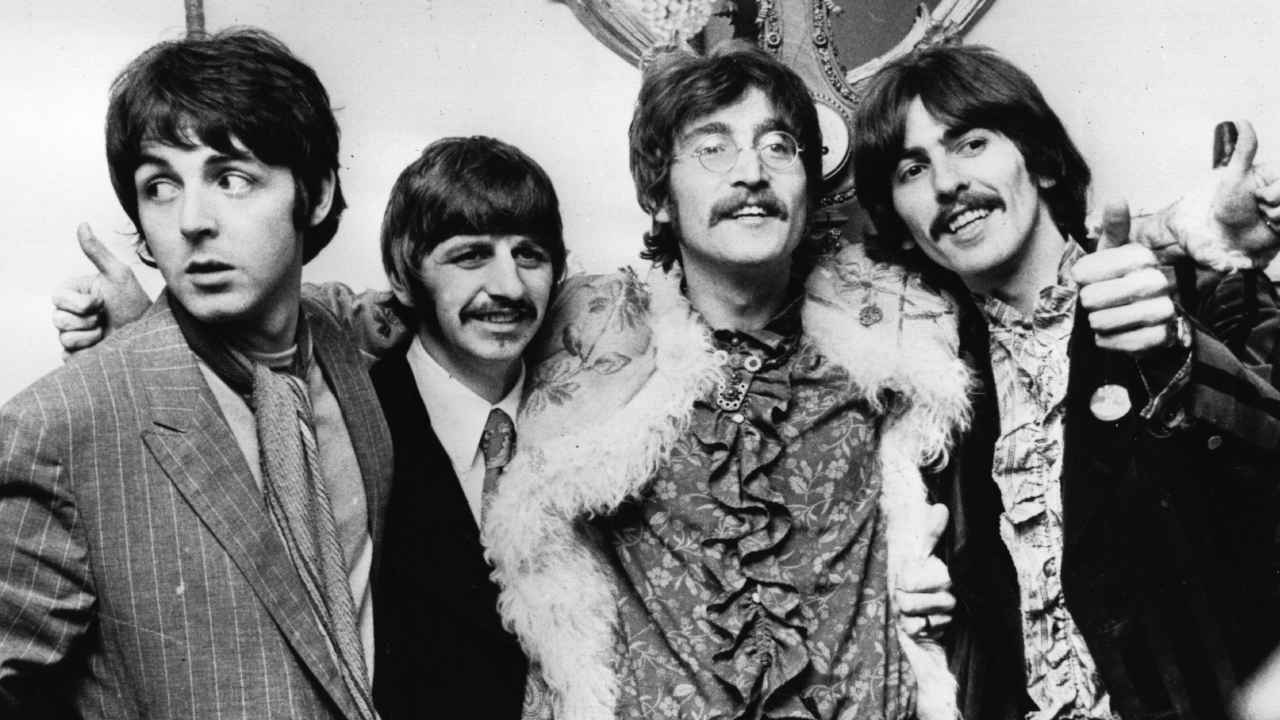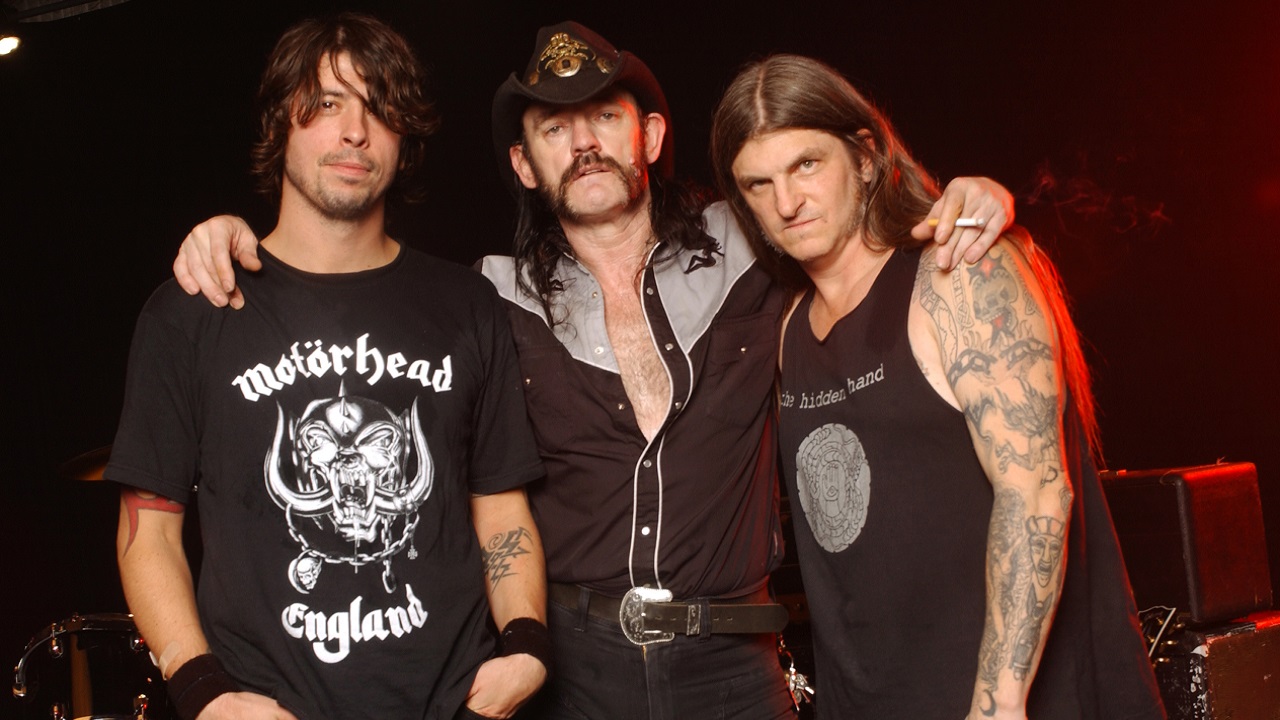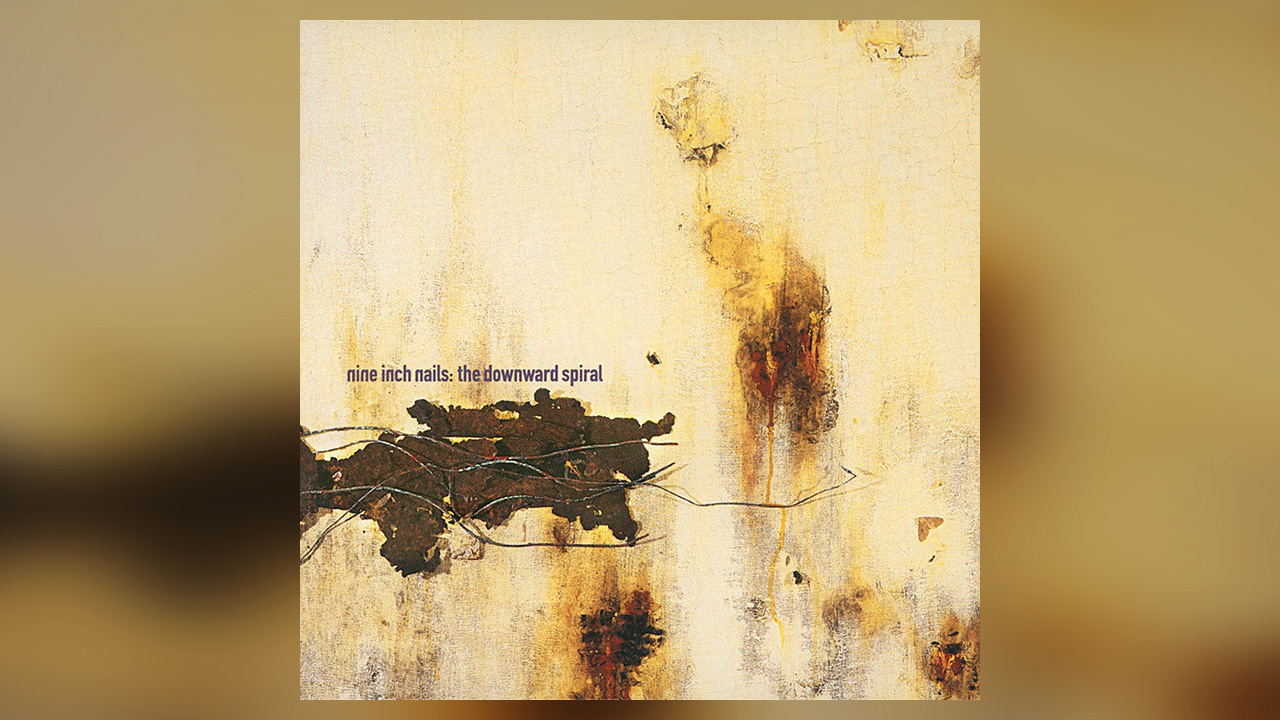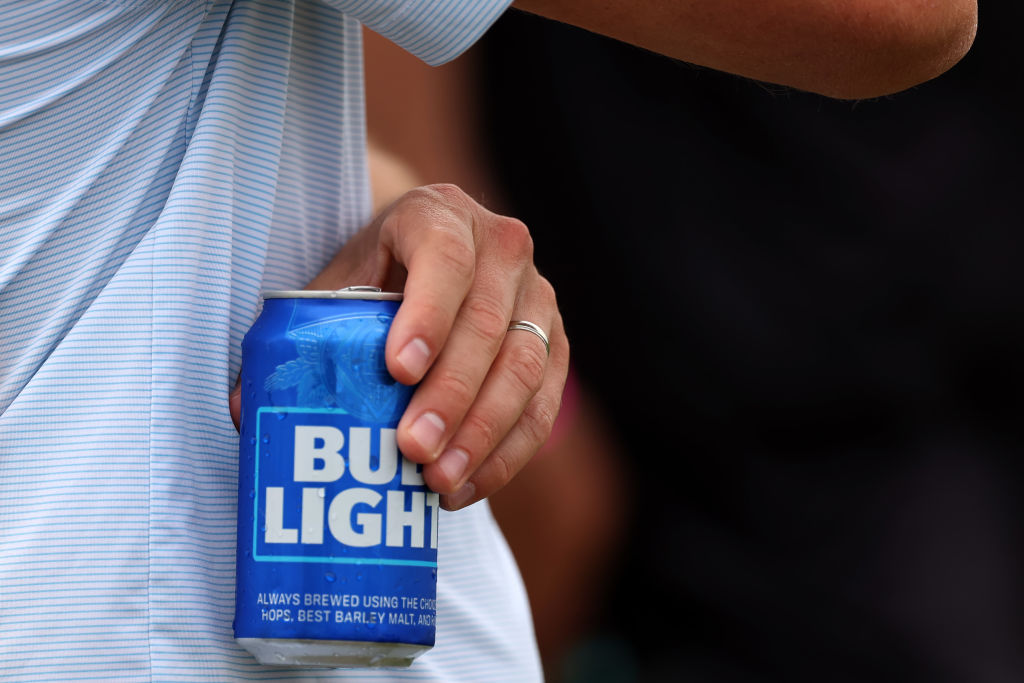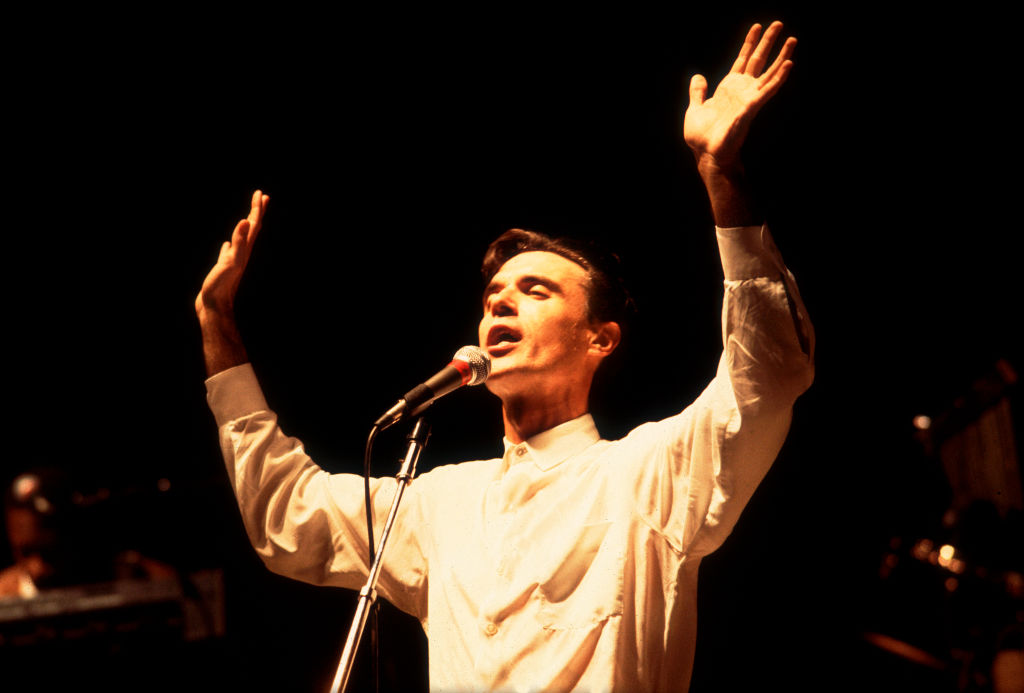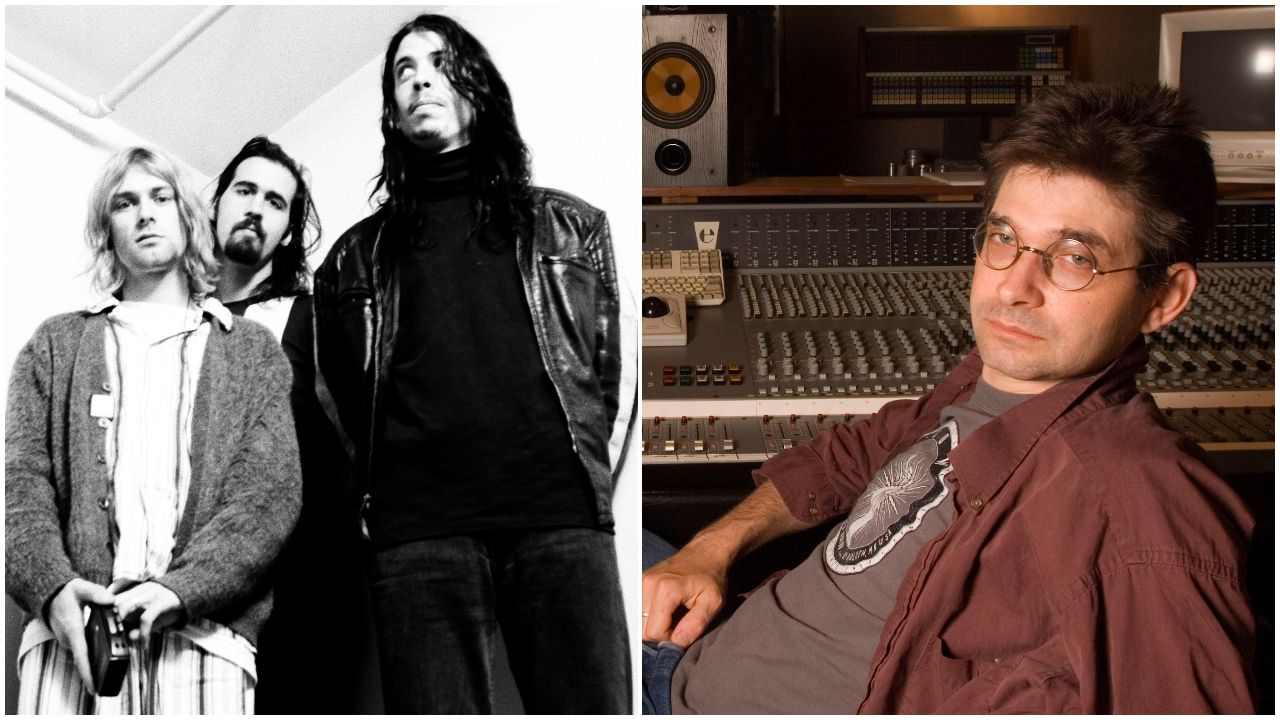
"We kept the groupies and drug dealers away": Steve Albini on the making of In Utero, Nirvana's bleak, beautiful swansong
In November 1992, wrote a letter to outlining his working methods, his core beliefs and the non-negotiables that would come into play should Kurt Cobain's band commit to working with him on the recording of their much-anticipated third album. In informal introductory phone calls with Albini, Cobain had already laid out his vision for Nirvana's follow-up to their unimaginably successful album. In past interviews, Cobain had regularly expressed his admiration for the unfiltered, live-off-the-floor sound Albini captured on ' 1988 album , and The Breeders' 1990 album , and he now desired that Nirvana's next recordings be brought into the world in a similarly unvarnished, undiluted form. The media-savvy Cobain was also entirely aware that in hiring Albini, a man known for his integrity, uncompromising nature and disdain for the corporate music industry, Nirvana would be making a very clear statement to their record label, their management, their peers and their fans. And Steve Albini knew that, whatever the band's best intentions might be, someone, somewhere would inevitably seek to meddle in their art. Hence his letter, which laid out the ground rules in clear, unequivocal terms. "I'm only interested in working on records that legitimately reflect the band's own perception of their music and existence," he wrote. "If you will commit yourselves to that as a tenet of the recording methodology, then I will bust my ass for you." This was exactly what Kurt Cobain wanted to hear, and exactly what the 'suits' at Geffen feared. “I don’t think [the label] were behind it,” Krist Novoselic admitted. “But we’d sold enough records to do whatever the hell we wanted.” Nirvana's final album was recorded and mixed at Pachyderm Recording Studio, in Cannon Falls, Minnesota, in under two weeks, with Albini pressing 'record' on February 13, 1993 and completing his mix of the album on February 26. In the months leading up to its September 21 release, was the subject of much speculation beyond the band's orbit, and much debate within its inner circle. Ultimately, it would become the Nirvana album which Cobain, Novoselic and Grohl considered their favourite. " and are two totally different albums," Grohl told his biographer Paul Brannigan in . " was intentional, as much as any revisionists might say it was a contrived version of Nirvana, it wasn’t: we went down there to make that record, we rehearsed hours and hours and hours, day after day, to get to . But was so different. There was no laboured process, it was just… ...it just came out, like a purge, and it was so pure and natural.’ "I don't spend a lot of time thinking back on things I've done. But , man, what a trip." As the 30th anniversary of 's release nears, in a exclusive, Steve Albini shares his personal memories of the making of the album. "We travelled in the same circles in the underground before they blew up, played all the same places, knew all the same people. I had worked with bands they knew and liked, and they liked the sound of certain records I’d done, notably the Pixies album ( , featuring the hit ), the PJ Harvey album ( ), and some of the records ( , , and ). It wasn’t a big leap except when you consider that they were the biggest band in the world at the time, and people in that situation don’t often call on people like me. "No, I can say pretty frankly that neither the band nor I felt any pressure while making the record. The pressure was all on the industry people, the people who were terrified of losing their status, influence, and income if the record wasn’t a success. The band knew they had a good record in them, I knew they were doing a great job in the studio. We all knew it sounded great. "After they finished, those frightened little people started trying to influence them, tried very hard to convince them they'd made a mistake and the record wasn't actually good. When that didn't work, they mounted a kind of campaign to smear the record in the press, to put additional pressure on the band to change their minds. I know this because I was getting the brunt of the complaints and I was hearing as much from journalists who called me for comment. To their credit, the record survived intact and the version that made it into the stores is precisely the record Nirvana wanted to make. I think their perseverance was laudable and unique, and they should get all the credit for how that record came out." I came to appreciate Nirvana as a band and Kurt as an artist "As mentioned we came of age in the same milieu, with a lot of the same influences and friends, so his approach and aesthetic were familiar to me as part of that scene. I wasn't that familiar with Nirvana before the sessions, but I can say that I came to appreciate them as a band and Kurt as an artist during the course of those sessions and I admire them tremendously." "He used a couple of Univox Hi Flyer guitars — they were off-brand Mosrite copies, a Fender Mustang and a Veleno guitar I had brought from Chicago and re-strung lefty. He had a couple of amps, a Randall Switchmaster and a Fender Quad Reverb that he mostly used. The Quad had a couple of broken tubes, so its overdrive sound was really raspy and unpredictable. He liked that sound and it featured on pretty much every song." "Dave has always been a well-rounded musician and it makes sense that as a bandleader he would be a success. As a drummer specifically, he is in the absolute elite of rock drummers. His attack on the drums is powerful and consistent, but he also plays with subtlety and sensitivity in dynamics. "Dave and I have remained friends, we speak often and I have a ton of respect for how he handles himself. I can also say that while a lot of people have different public and private personae, the Dave you see talking on television is precisely the guy you'd run into at a barbecue. One Dave, one personality." The text of is great, and a perfect encapsulation of the competing motives of art, celebrity, commerce and entertainment that Kurt saw around him. Musically, I think is fantastic, it recalls a lot of the odd post-punk influences from the 80s like Public Image Ltd and The Raincoats." "I don't have any crazy stories, sorry. We were pretty wrapped up in making the record." "Given what I knew about the band and their thing, I think everything went about as smoothly as could be expected. We kept the groupies and drug dealers away, the record came out great... Not a lot to complain about. I could have done without the weird pissing match between me and their business associates afterwards, but making the record went about as well as I could’ve imagined." The thing all great bands have in common is that their music is animating to them. They don't second-guess the things that thrill them, they just do it. They follow their nose in the direction they want to go. Occasionally, other people will see the same thing in it that they do, and then they have an audience for it, but they aren't doing it for them. You can always tell when a band is playing up to an audience because the music doesn't sound like it matters that much. With great bands, you can tell they'd die if they didn't get to do it. "I'm not prone to nostalgia but it was nice hanging out with them in 2013 and I was pleased that they were still smart, friendly, creative and thoughtful people." The latest news, features and interviews direct to your inbox, from the global home of alternative music. Owen Cummings is a Herefordshire-based freelance music journalist, sports writer, broadcaster and guitarist. Specialising in modern-classic rock bands of the ’90s and post-millennium including the Foo Fighters and Oasis, he is also an upcoming local musician and gear expert, favouring the Gibson Les Paul and PRS SE models. Corey Taylor: "For eight years I was married to the wrong woman. It was a very toxic relationship and it ate a part of me that I don't know if I'll ever get back" "We got mobbed for autographs – thousands of screaming schoolgirls and we had to escape in a limo": the wild ride of Pacific Gas & Electric "You take me back to that time. You remind me what I did on the stage": Jimmy Page on the Japanese fan with the obsession that's been turned into a film





